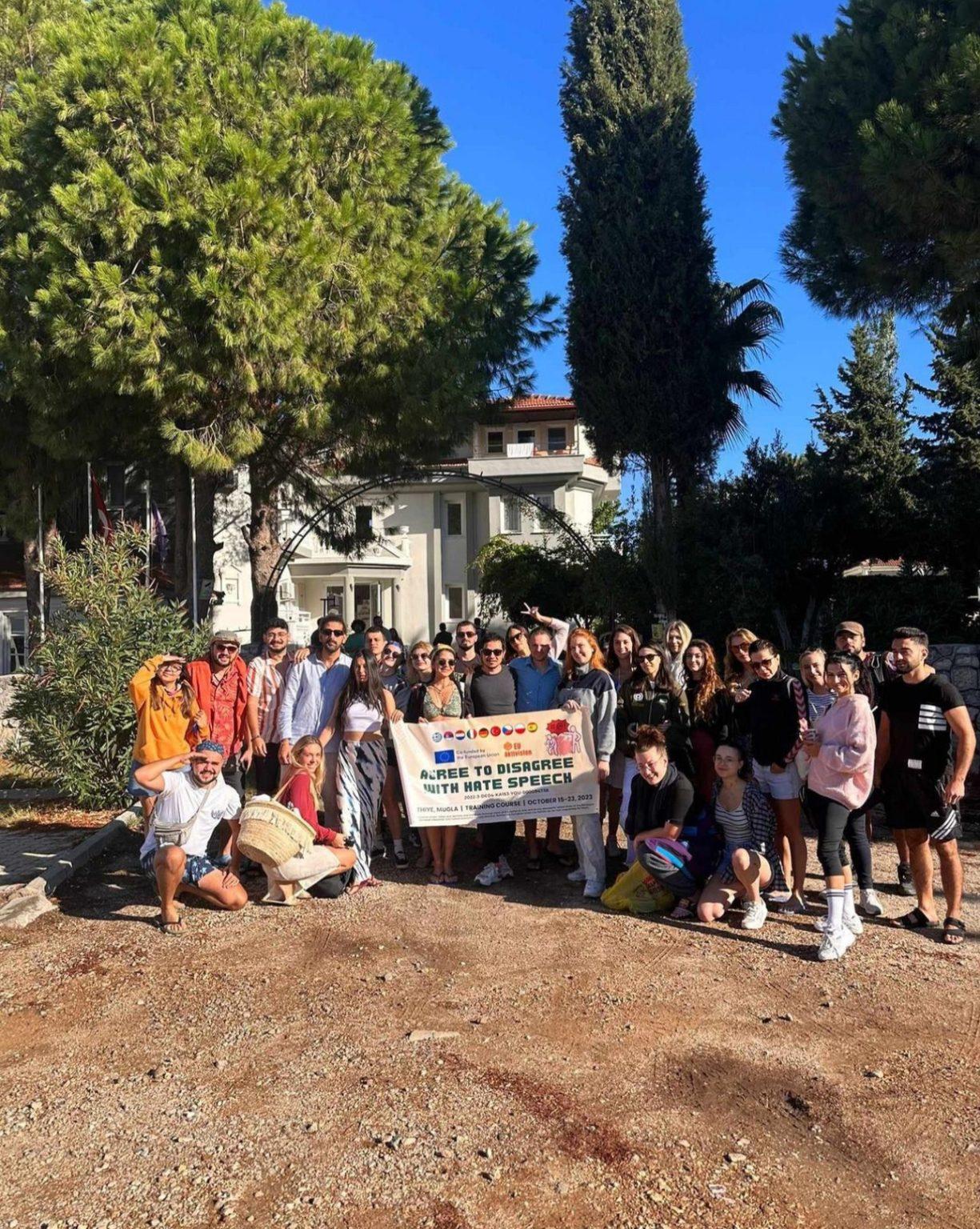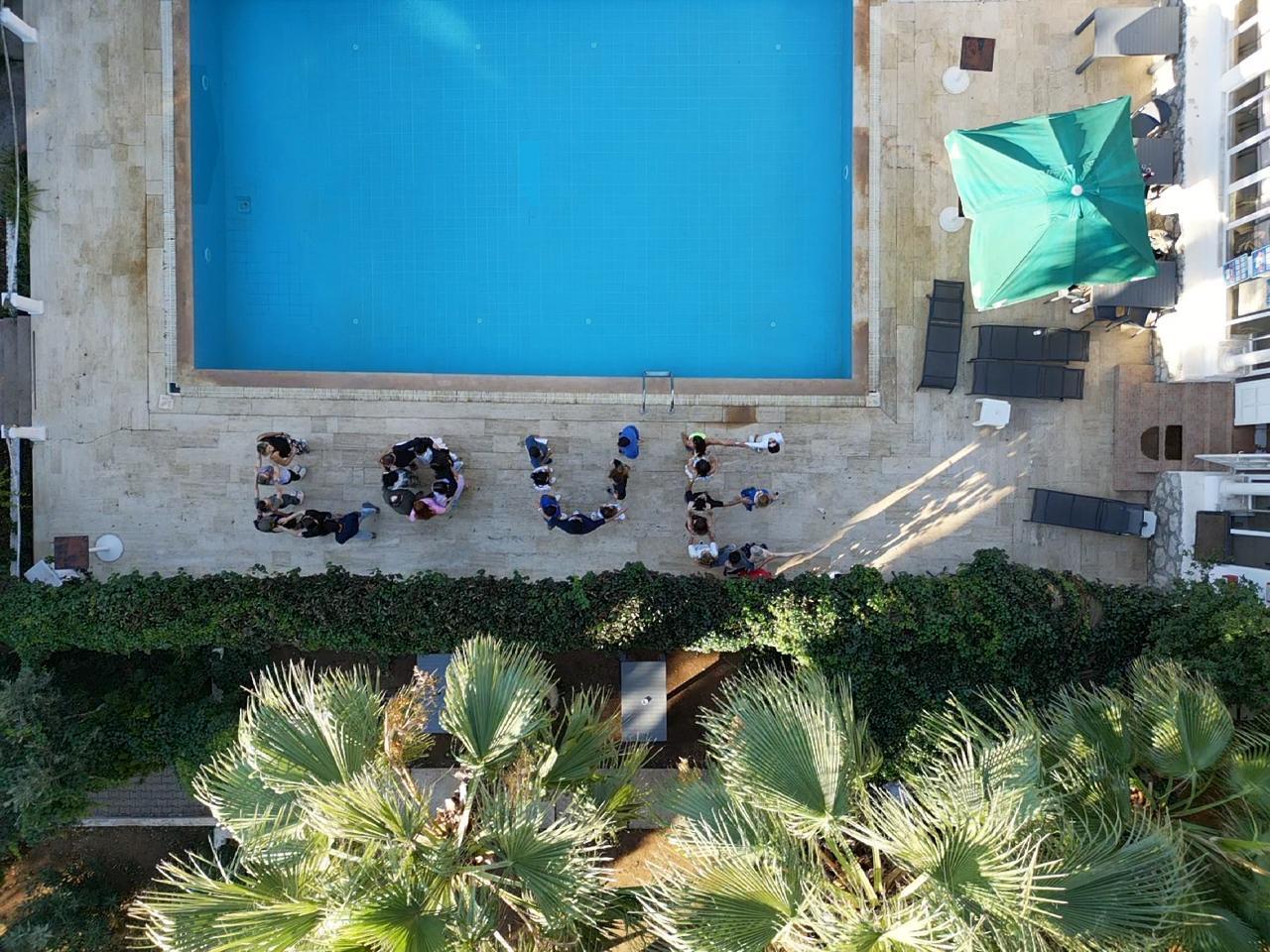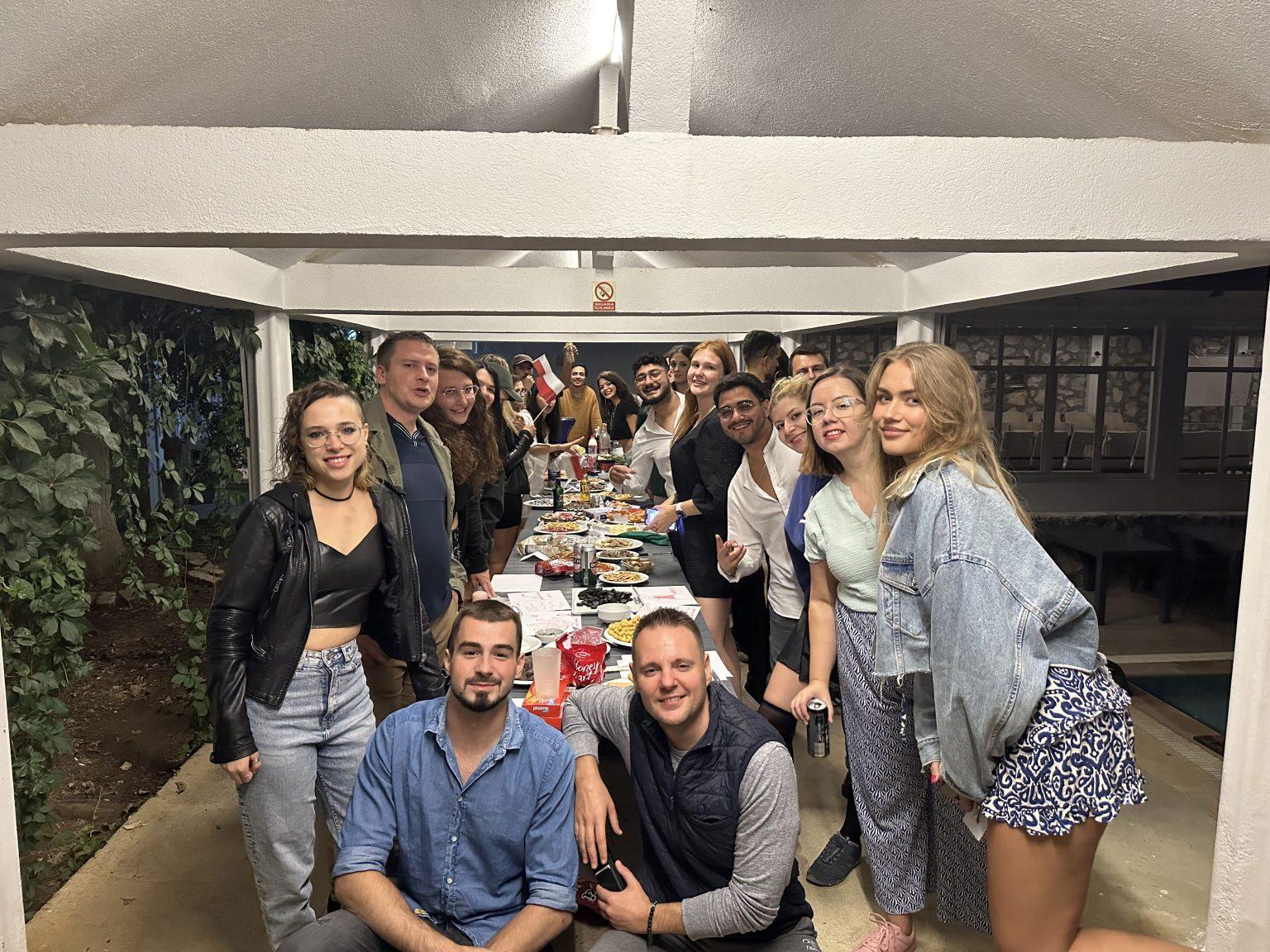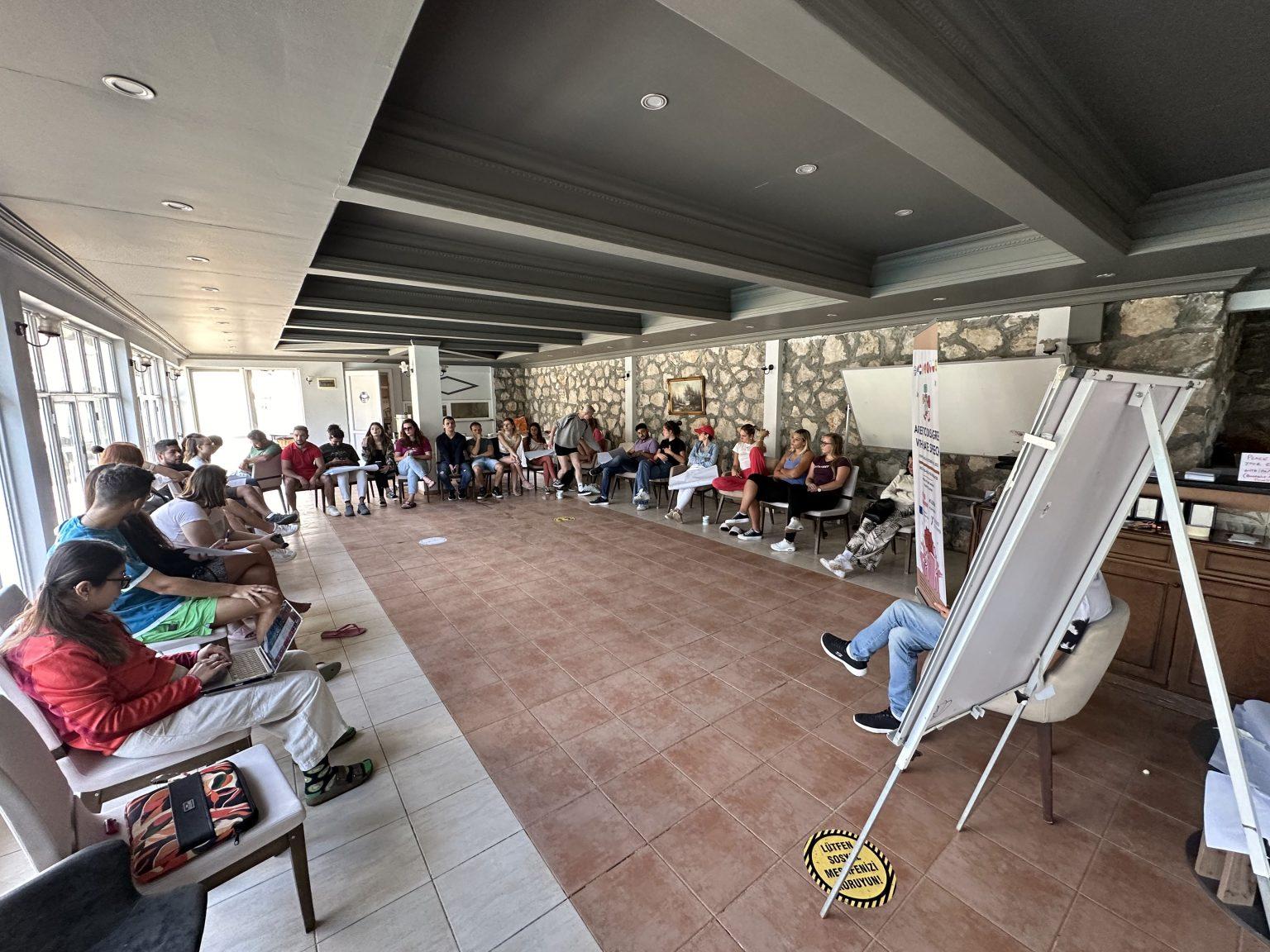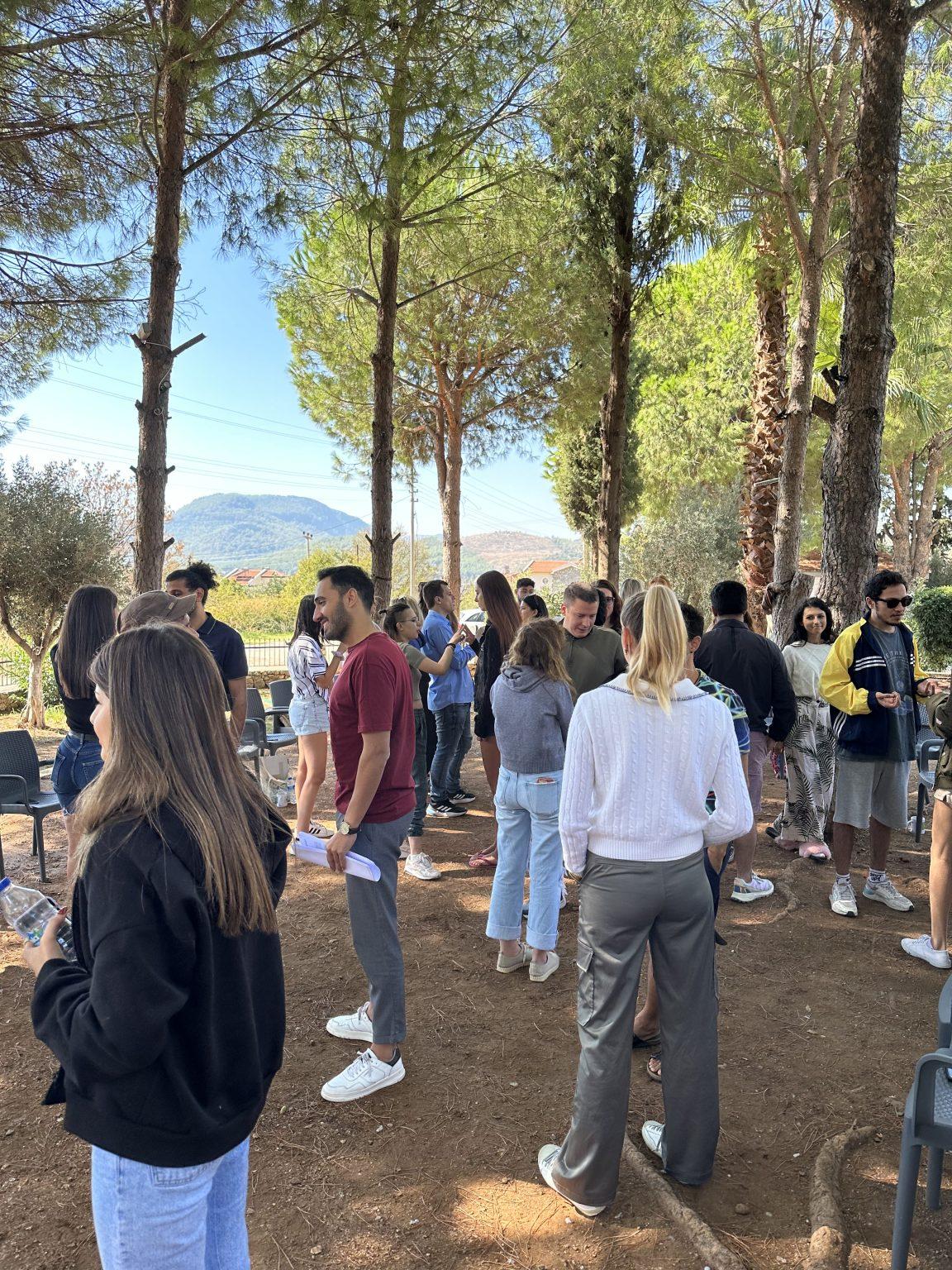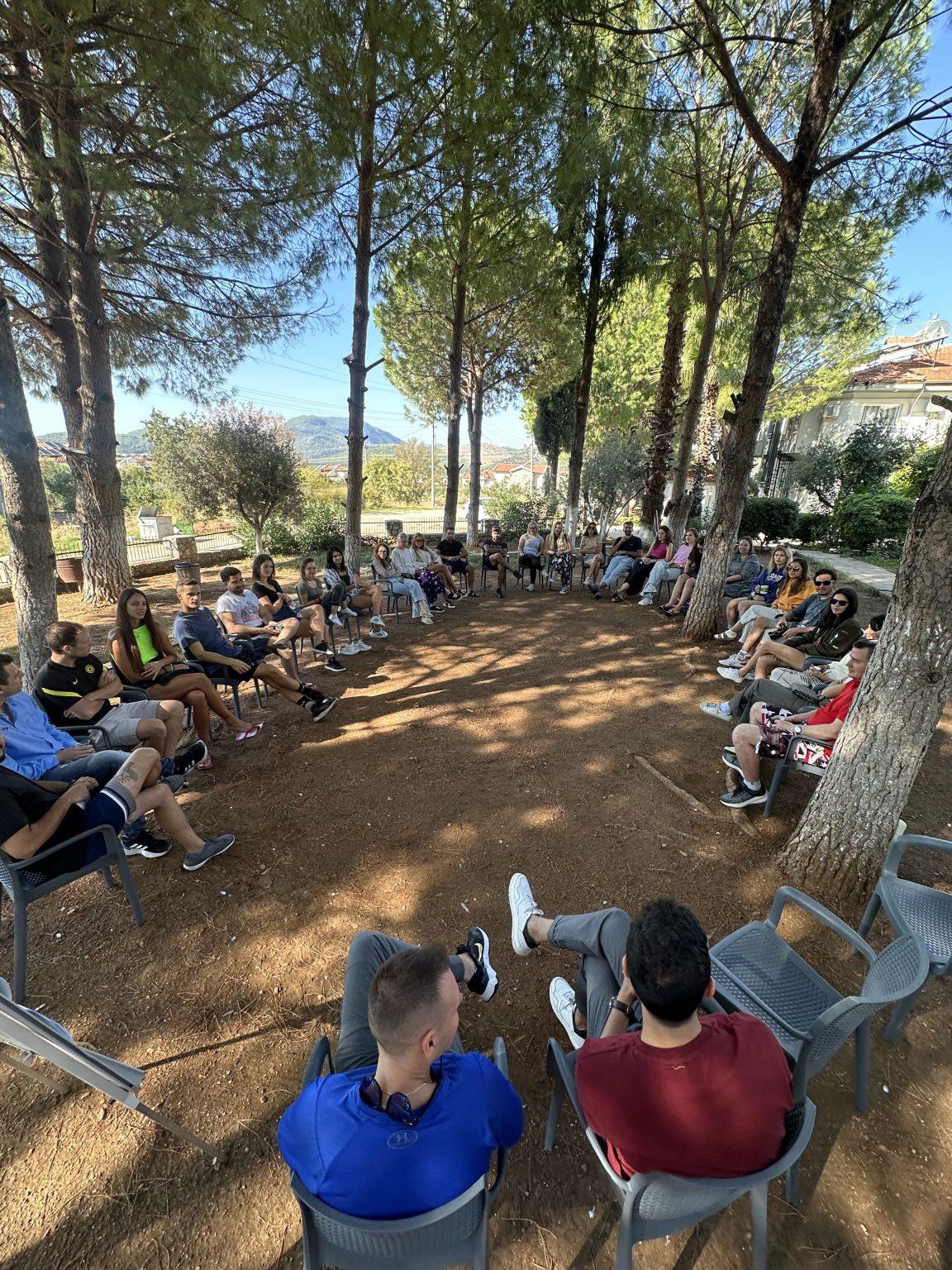Project Reference
2022-3-DE04-KA153-YOU-000094738
Topics
Human Rights and Rule of Law · Media Literacy and Tackling Disinformation · Preventing Racism and Discrimination
Action Type
Mobility of Youth Workers
Countries Covered
Germany, Netherlands, Türkiye, Spain, Greece, Serbia, Italy, Poland, Slovenia
Summary
In recent years, Europe has faced a combination of crises—from economic instability and migration flows to rising radicalization and acts of terrorism. These challenges have been accompanied by an alarming increase in hate speech, particularly during the COVID-19 pandemic, when minorities and vulnerable groups were disproportionately affected.
Hate speech and discrimination threaten not only individuals but also the core European values of democracy, freedom, equality, and human dignity. Addressing these issues requires coordinated efforts and practical tools for youth workers to promote tolerance, non-violent communication, and human rights education.
The “No Hate Speech – Building Peaceful Communities” project was designed to strengthen the capacity of youth workers and their organizations to combat hate speech both online and offline. Through intercultural, experiential, and non-formal learning, participants were trained to recognize, challenge, and counteract hate speech, while promoting peaceful communication and social cohesion.
Objectives
The project aimed to:
-
Raise awareness about online hate speech and its risks for fueling conflicts and harming young people.
-
Develop the skills and motivation for youth to recognize and challenge online hate speech, becoming active defenders of human rights.
-
Equip youth workers and organizations with tools to organize campaigns against hate speech.
-
Build the capacity of partner organizations to foster inclusive and peaceful communities.
-
Strengthen networks of youth organizations across Europe working under the No Hate Speech Movement and national campaigns.
-
Ensure long-term multiplying effects through trained youth workers, local initiatives, and international cooperation.
Activities
The project combined an international training course with nine local initiatives implemented by partner organizations.
-
Training Course: Brought together youth workers and trainers to explore human rights, freedom of expression vs. hate speech, non-violent communication, campaign development, and intercultural dialogue. Non-formal methods such as role plays, group work, simulations, brainstorming, team-building, reflection groups, and intercultural evenings were used. The key resource was the “Bookmarks” manual, a Council of Europe guide for combating hate speech through human rights education.
-
Local Initiatives: Partner organizations carried out workshops, campaigns, and community actions in their countries, putting newly learned tools into practice and reaching broader youth audiences.
Impact
The project had strong outcomes at multiple levels:
-
For youth workers: Gained practical tools and methodologies to educate young people about human rights and combating hate speech. They developed the ability to design and deliver local initiatives and campaigns with a multiplying effect.
-
For partner organizations: Improved capacity to build peaceful, cohesive communities and strengthened European cooperation networks.
-
For young people and communities: At least nine local workshops and campaigns were organized across partner countries, engaging over 120 youth directly and raising awareness of hate speech and human rights issues.
-
Key Results:
-
A trained pool of youth workers capable of multiplying the project’s outcomes in their local contexts.
-
A European network of organizations cooperating on combating hate speech.
-
Practical methodologies, campaign models, and a written report available for future use.
-
The project not only provided immediate learning and tools but also laid the foundation for sustainable international cooperation on human rights education and the fight against hate speech in Europe.
-
Budget

-
Project Dates
15–23 Oct 2023
